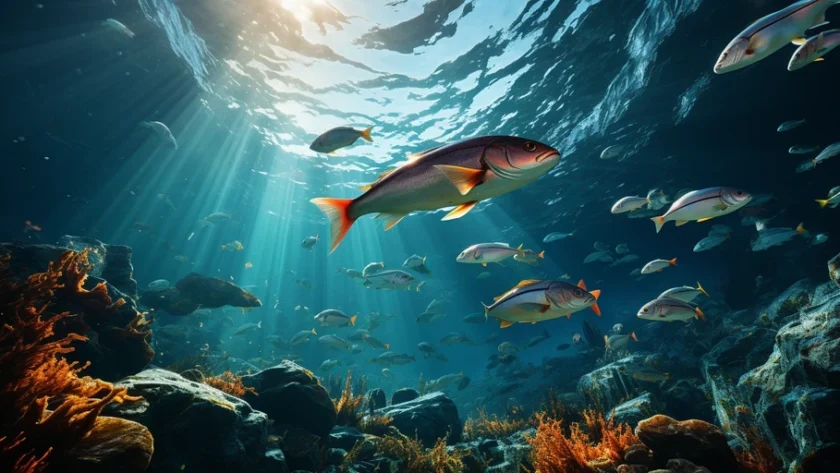The oceans are one of the most vital ecosystems on Earth. They cover 70% of the planet’s surface and provide food, oxygen, and other resources that sustain life. However, ocean ecosystems are under severe threat due to pollution, overfishing, and climate change. In this article, we examine the importance of ocean conservation and the steps we can take to protect marine life.
1. The Importance of Oceans in the Global Ecosystem
Oceans regulate the Earth’s climate and weather patterns, making them central to global ecosystems. Marine life provides essential resources like oxygen and food, contributing to the health of terrestrial species. The oceans also serve as a source of livelihood for millions of people worldwide who depend on fishing and tourism.
2. Threats to Marine Life: Pollution and Overfishing
Plastic pollution, oil spills, and chemicals are poisoning marine ecosystems, while overfishing depletes fish stocks and disrupts food chains. The harmful practices of industrial fishing, such as trawling and bycatch, endanger not only fish but also marine mammals, birds, and other species that rely on these habitats.
3. Climate Change and Ocean Acidification
Climate change is causing ocean temperatures to rise, leading to coral bleaching and loss of biodiversity. Additionally, as more carbon dioxide is absorbed by the oceans, the water becomes more acidic, negatively impacting marine life, particularly shellfish and coral reefs that rely on stable pH levels.
4. The Role of Marine Protected Areas
Marine protected areas (MPAs) are vital tools for conserving marine ecosystems. These areas are designated to protect biodiversity and allow ecosystems to recover from human impact. Studies show that MPAs can help restore fish populations, improve water quality, and maintain healthy coral reefs.
5. Taking Action for Ocean Conservation
To protect marine life, we need global efforts to reduce pollution, enforce sustainable fishing practices, and address the impacts of climate change. Individuals can also play a part by reducing plastic use, supporting sustainable seafood, and engaging in marine conservation initiatives.
Conclusion:
Protecting the oceans and marine life is essential for the health of the planet. Sustainable practices and policies are needed to mitigate the negative effects of human activity and ensure that future generations can continue to benefit from the ocean’s resources. It’s time to take collective action to safeguard our oceans.




